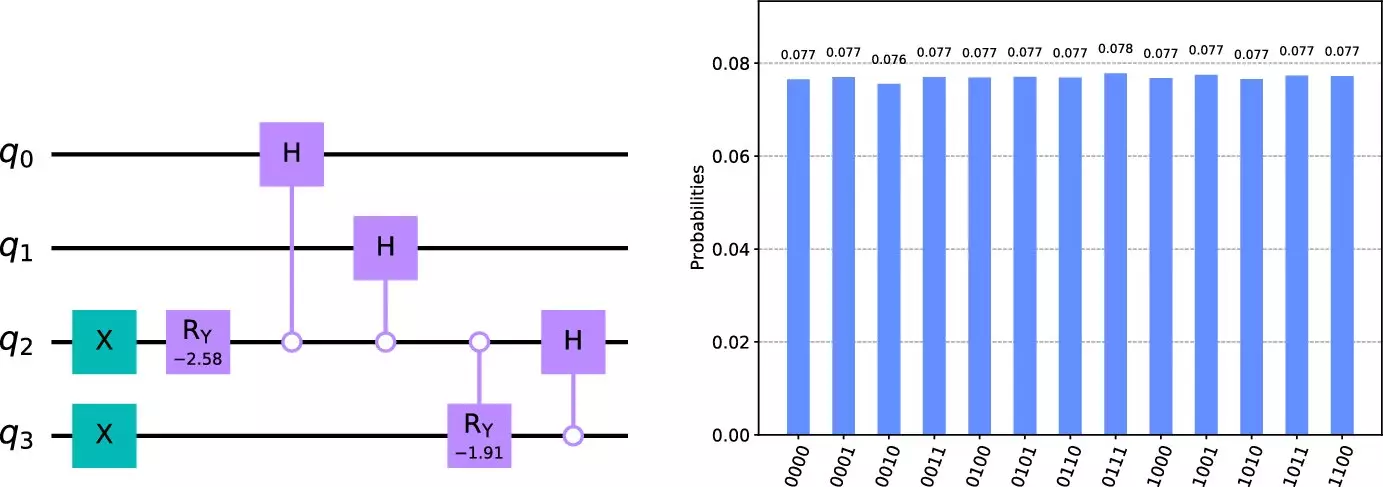The algorithm developed by Prakash Vedula, Ph.D., a professor at the University of Oklahoma School of Aerospace and Mechanical Engineering, has made waves in the world of quantum computing. It has been integrated into advanced computing software by Google and IBM, marking a significant advancement in the field.
The Shukla-Vedula algorithm, as it is named after Vedula and his research collaborator Alok Shukla, Ph.D., focuses on creating uniform quantum superposition states. This critical aspect of quantum computing has been made more efficient by the algorithm, reducing complexity and improving performance. Its practical applications span across various fields, from quantum search to finance and artificial intelligence.
Major quantum software platforms such as Google’s Cirq and IBM’s Qiskit have integrated the Shukla-Vedula algorithm into their latest software versions. These platforms are widely used in industry and academia, demonstrating the significance and impact of this algorithm. Notably, Goldman Sachs has already started utilizing the algorithm for analyzing financial risks in derivatives.
Future Outlook
Professor Vedula, the mastermind behind the algorithm, remains optimistic about its future impact on quantum computing. He anticipates significant improvements across various applications as the algorithm continues to gain traction. The exponential improvement over previous methods, coupled with its broad range of applications, makes the algorithm a promising advancement in the field of quantum computing.
The Shukla-Vedula algorithm represents a groundbreaking development in quantum computing, with far-reaching implications for various industries and academic fields. Its integration into leading quantum software platforms and adoption by industry players highlights its practical significance. As research on quantum computing progresses, the algorithm’s impact is expected to drive further advancements and innovations in the field.


Leave a Reply